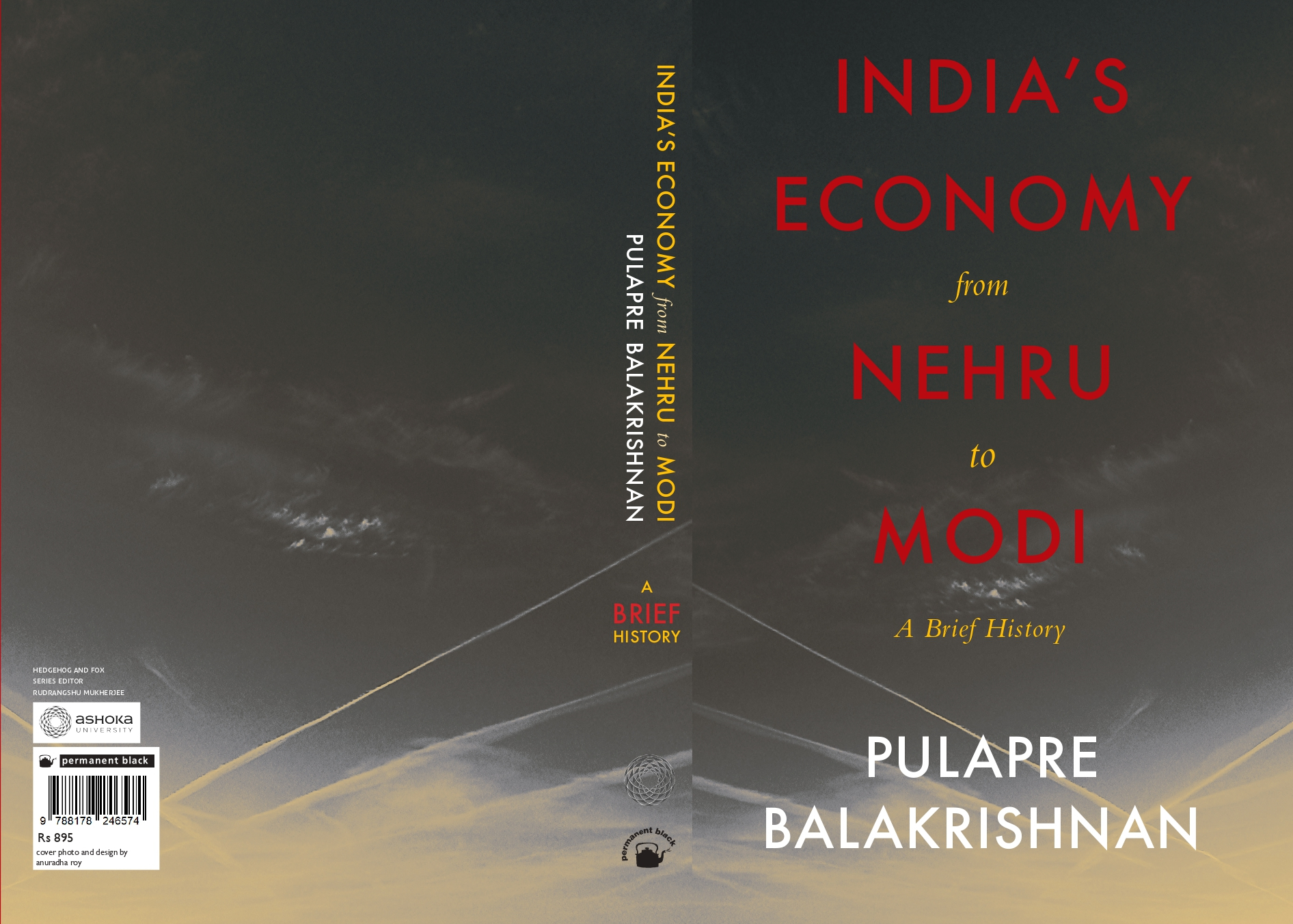India’s economy from Nehru to Modi – a conversation with Pulapre Balakrishnan

Pulapre Balakrishnan is renowned expert on inflation, productivity, and economic growth. Apart from his academic assignments with Oxford University, Indian Statistical Institute, and IIM Kozhikode, he has also worked with the World Bank, ILO, RBI and UNDP. Currently, he is Professor of Economics at Ashoka University. He had a freewheeling conversation on his latest book India’s Economy from Nehru to Modi: A brief history with Dr Charan Singh, CEO, EGROW Foundation. Edited excerpts:
Charan Singh: In the introductory chapter, you lay the context of your book by introducing the philosophers of our times to explain what should be the objectives of the reforms and what is the purpose of economic policy. Your focus is on the quality of life. Please tell us about your views on how our prime ministers have performed on this front?
Pulapre Balakrishnan: The introductory chapter is not so much about the reforms or the various stages of India’s economy and the policies. It is a generic description of how we should view development. I start with Nehru’s view and what was promised in 1947 which, I believe, is important for our assessment of where we are in 2022. I believe that Nehru’s views at that time reasonably captured the collective aspirations of the vast majority of Indians.
The chapter is not a prelude to the reforms in India’s economy, but it emphasises that we should assess India @75 in terms of what was promised in 1947. What Nehru wanted was a fulfilling life for every Indian. Nehru’s vision is close to what is called human development